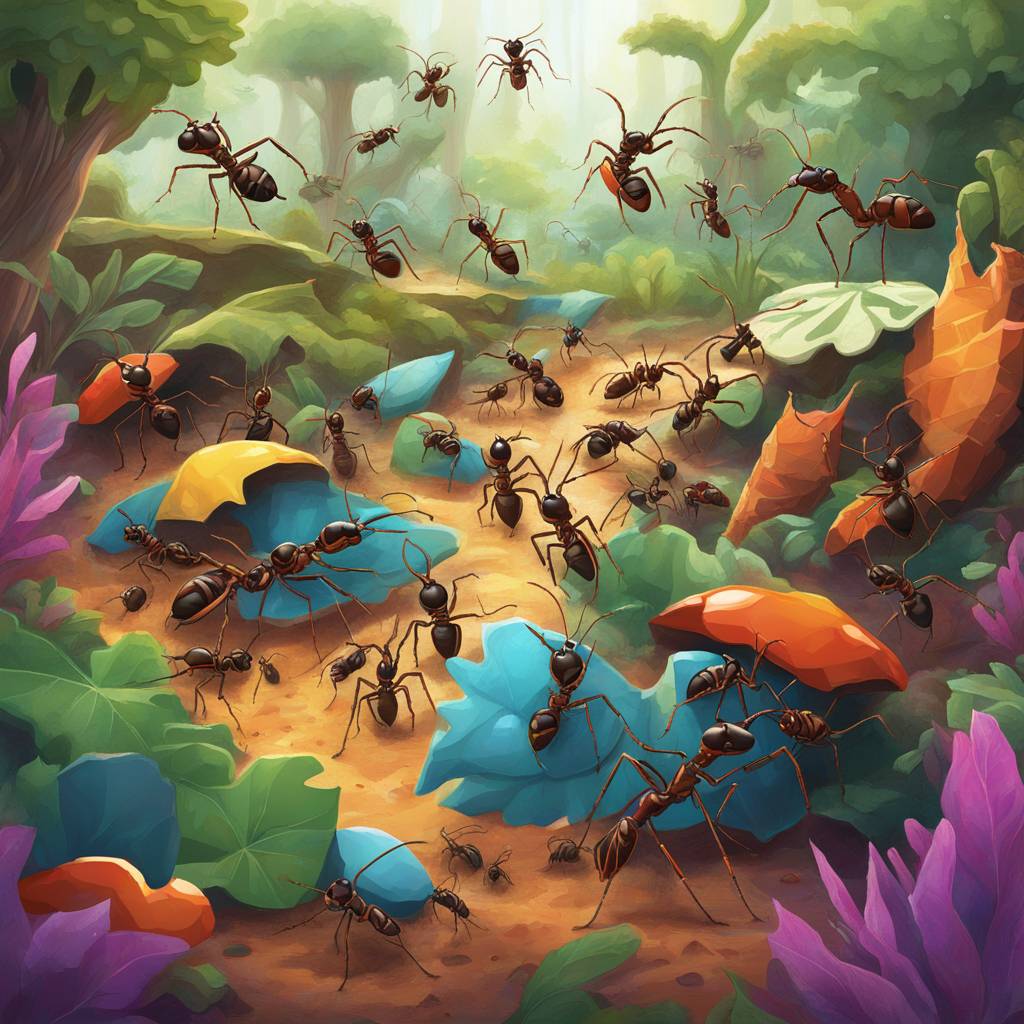Recent research conducted at Johannes Gutenberg University Mainz challenges the traditional perception of social insect queens as being intrinsically specialized in egg production. The study focused on ant species, specifically the black garden ant Lasius niger, and found that the social environment plays a crucial role in shaping the behavioral specialization of queens. Contrary to the common belief that queens are specialized egg-laying machines, the research showed that the presence of workers in ant colonies can trigger and maintain the specialization of queens in egg production. This discovery may lead to a revision of the accepted view of the division of labor in insect societies.
The study was led by Dr. Romain Libbrecht, an evolutionary biologist, and was published in Functional Ecology. Dr. Libbrecht’s team examined ant species where queens found new colonies alone without the help of workers. They observed that founding queens were not initially specialized in terms of their behavior, as they assumed all tasks in the nest, including brood care, to ensure successful production of the first generation of workers. However, the introduction of workers in the nests of founding queens suppressed their natural predisposition to care for their brood themselves.
The experiments conducted by Dr. Libbrecht’s group shed light on the social control of queen specialization in insect colonies. They found that the presence of workers not only triggers the egg-laying specialization of queens but also actively maintains it in established colonies. This discovery challenges the widely accepted notion that social insect queens are inherently specialized in egg production. By demonstrating the role of the social environment in shaping queen behavior, the study may reshape our understanding of insect societies and their division of labor.
Dr. Romain Libbrecht’s research at Johannes Gutenberg University Mainz focused on how organisms adjust their reproduction, physiology, and behavior in response to environmental conditions. He led the Reproduction, Nutrition, and Behavior in Insect Societies group at JGU from 2016 to 2022 and currently works at the Centre National de la Recherche Scientifique (CNRS) in the Insect Biology Research Institute at the University of Tours. His work highlights the importance of considering social factors in understanding the specialization of queens in social insect colonies and challenges long-standing assumptions about their behavior.













